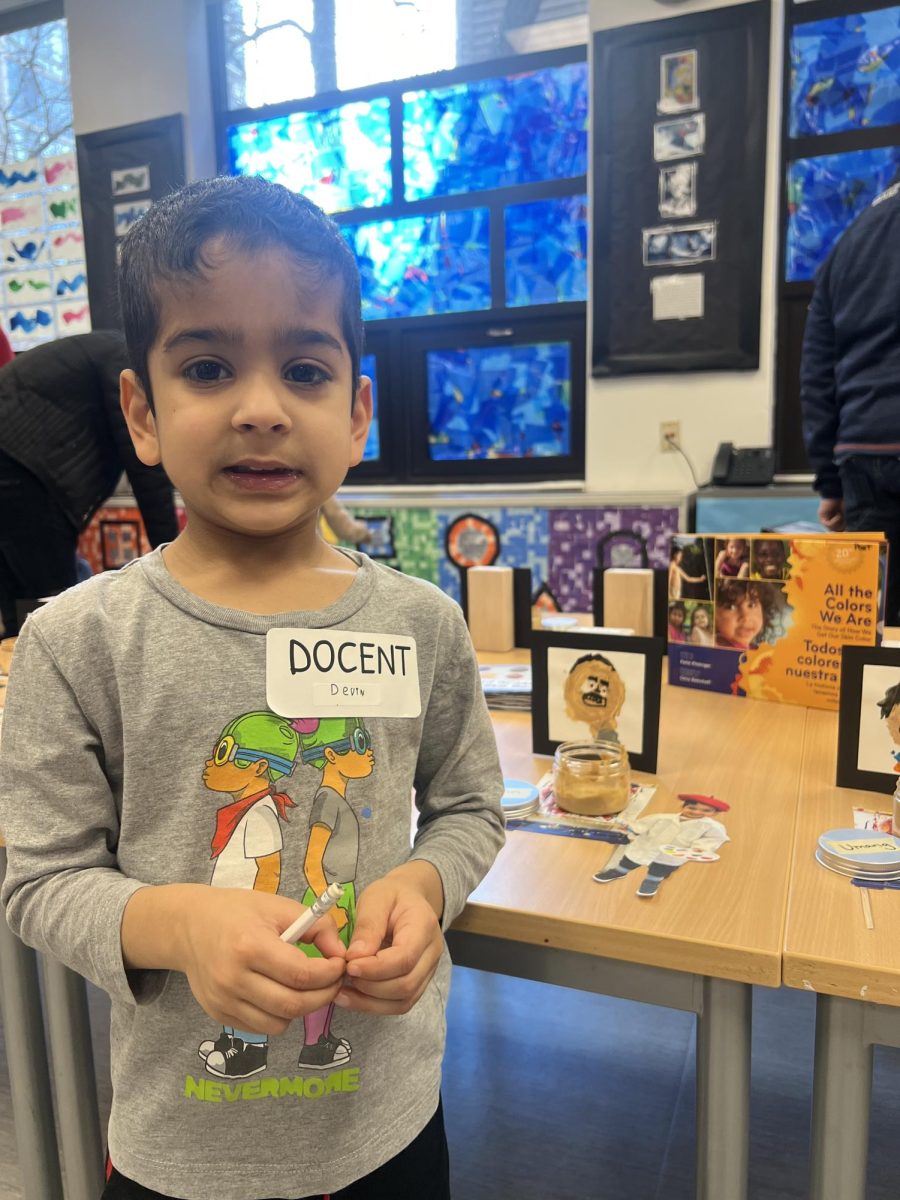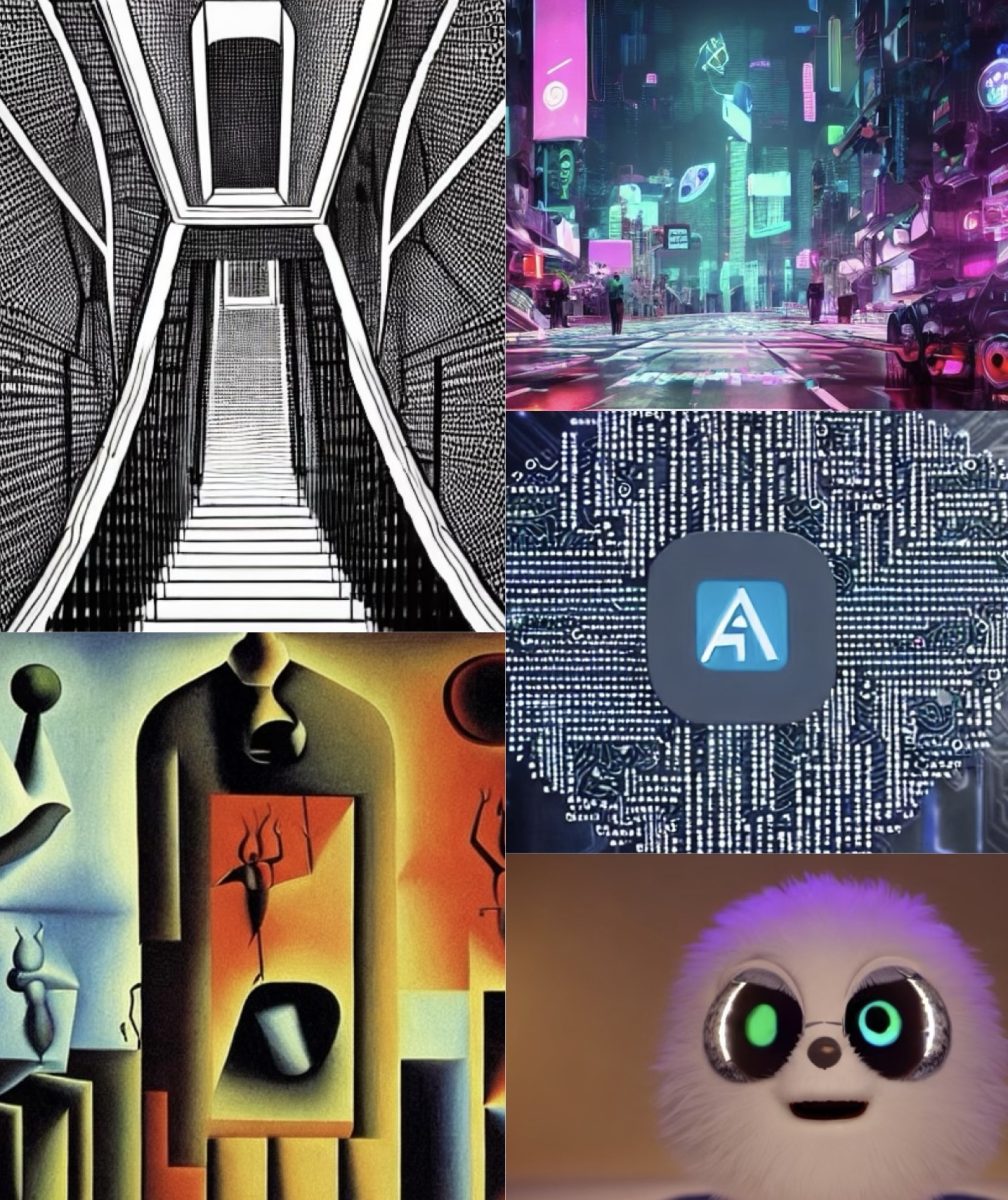Tina Czaplinska
News Editor
Latin’s first graders have iPads. That’s my attention-grabbing hook for this article. I’d like to emphasize that when I was in the first grade I was granted the use of pencils and paper. The notion of placing a $500 toy in my care wasn’t even a thought in anybody’s sane mind. You know, back in the day. Despite my apparently prehistoric upbringing, currently such notions are well received by Latin’s adult world. So, first graders are in fact allowed this boatload of technology. Arguably, there has formed a divide in opinion among the rest of the community. Questions arise like: What are they even using the iPad for? Why spend that much money? Why didn’t the Upper School get iPads? Do six and seven year old kids really need iPads to learn?
The idea for the iPads was a result of a faculty trip in 2011 to a school in California called High Tech High. Ms. Fiona Deeney, a first grade teacher at Latin, was one of the few staff members that went on this trip and she was a blow away. In consequence, she proceeded to sell the idea for Latin to become more “technologically advanced.” The legitimate term for the aforementioned advancements is “Project Based Learning,” which using an iPad promotes. PBL rests on the foundation of group work, as studies have proven that group work cultivates people skills, which ultimately makes individuals better employees. With the iPad, students can play up to four player games testing their math, spelling, comprehension skills etc. Part of the reason why the iPad idea was so well-accepted is due to the fact that Latin already has PBL in its curriculum. “It is important to show [parents, other faculty] that this isn’t going to be a toy,” stresses Ms. Shelly Greenwood. Classes like Nazi Mind and Middle East promote Public Based Learning ideology as does the second grade Ellis Island simulation and the middle school Mini Me project. The only difference is that none of these require the use any type of advanced technology. Regardless, the iPad idea was approved by Ms. Greenwood, so 28 iPads were ordered and here we are today.
Now, while it is probably easiest to scrutinize this endeavor as just a waste of money, it is important to recognize the pros. To begin, the variety of apps allows the students for a lot of sensory learning. Ms. Deeney explains, “[The students] can record themselves, make books, do a plethora of skill practice (math, spelling), and are even using Google Earth.” One English lesson was devoted to the introduction of similes, so students got to use their iPads to write similes and draw pictures. One student writes, “my dad is as strong as a brick” drawing his dad as a brick next to the sentence. “We can then project student work unto the SmartBoard for all of the class to see, which is just easier than passing around their sheet of paper,” Deeney continues. She also claims that the students are given a pep talk before using the machine. “No accidents yet,” she reassures.
Similarly, Ms. Greenwood supports the first graders. “More visuals, simply means more understanding,” Ms. Greenwood begins as I indulge in the ridiculous comfort of her office’s couches. “Another great thing about the iPad is that [it] can be very effective for students with learning differences. You no longer have to take the child out of the room to give them extra help; you just give them more practice problems on the iPad. As a result, it is seen more as a privilege than a punishment,” Ms. Greenwood explains.
Finally, while it may be hard to swallow, it is important to recognize that every generation is more advanced than the next. Perhaps once long ago the use of a calculator instead of an abacus sparked immense debate among a community. However, while the iPad promotes learning and skill practice, it will take some time until it is seen as something more than a luxury.





































ewilliam • Mar 30, 2012 at 11:06 pm
I’m all for PBL and teaching in general, but who honestly hands a 6-7 year old an iPad? Two things: First, couldn’t this hamper their hand writing skills and personal creativity? Second, are the first grade teachers teaching their students the value of an iPad and the value of money in general? There are grown adults who can’t even afford Apple Products; it just bothers me that Latin is so willing, if not eager, to hand an iPad to a 6 year old like it’s just some other means of education like a coloring book or text book. Isn’t it possible that kids growing up with such easy access to expensive products will be less likely to adapt to a population that is less privileged? I can’t help but focus on the class gap that this could even create between students in the class and in their classes to come. *facepalm*